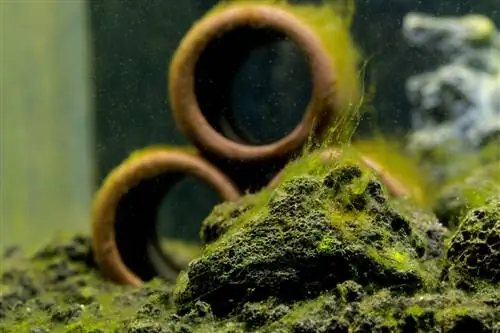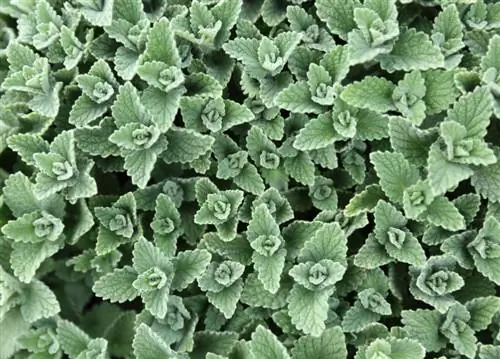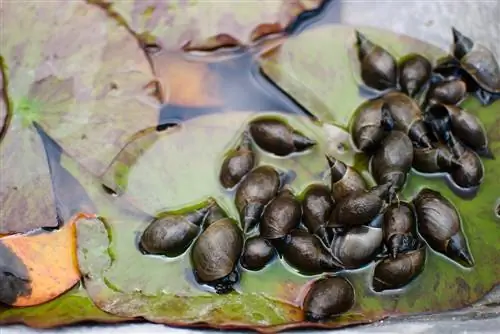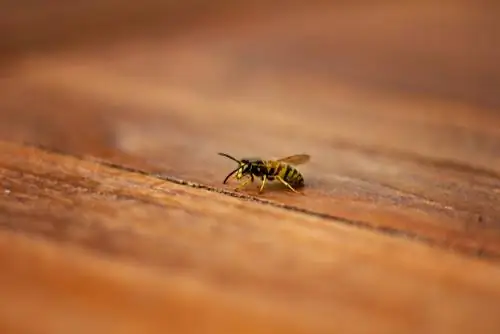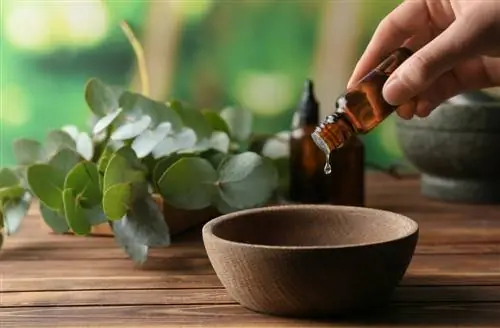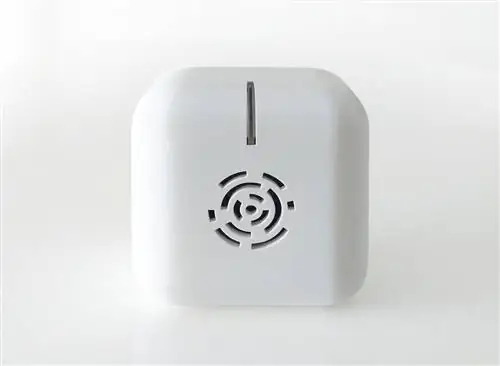- Author admin leonars@hobbygardeners.com.
- Public 2023-12-25 17:45.
- Last modified 2025-01-23 11:22.
Algae plague and algae blooms are not undesirable on the summer beach, even a pond owner doesn't like to see them. Fishing off the algae is a laborious undertaking on larger (swimming) ponds. Ultrasound can be helpful, but should only be used with caution.
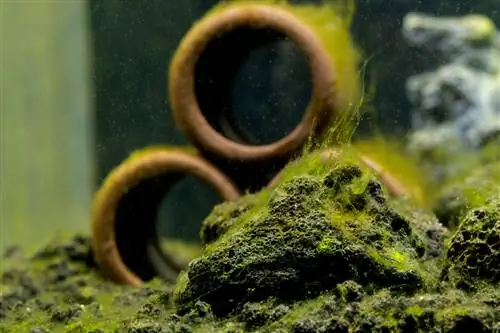
Does ultrasound help against algae?
According to a study by the University of Hull, ultrasound is effective against algae. The researchers worked with the cyanobacterium Anabaena sphaerica. This was treated withdifferent frequencieswhich weredifferently effective. For home use, ultrasound might be suitable for algae control.
How does ultrasound work against algae?
Algae contain so-called heterocytes (=cells that produce nitrogen). This causes the algae to float on the surface of the water. Ultrasound is supposed to destroy thecell membrane, causing the nitrogen to escape from the cells and the algae sink to the bottom, where they die. In this way, algae growth is slowed down and algae blooms are prevented. Ultrasound has been used for a long time to combat voles or wasps and to drive away moles. At least retailers expect a similar effort to combat algae.
Where can I get suitable ultrasound devices?
Ultrasound devices are now quite readily available, for example to combat algae in swimming ponds. They can be found inspecialist stores for pond suppliesor on theInternet. It is recommended not to choose devices that are too small, otherwise the desired effect will not be achieved.
Can I use ultrasound in the pond to combat algae?
There are now very handy and not too expensive ultrasonic devices forUse in ponds at home The range of the device should be adapted to the size of the pond. As the range increases, energy consumption naturally also increases. The frequency of the ultrasound must also be adjusted according to the type of algae and the size of its bubbles.
Tip
Clicking tones against algae
Not only ultrasound should be suitable for combating algae, but also clicking sounds. Here we work with resonance vibrations, which are supposed to cause the vacuoles (=small liquid bubbles) of the algae, which are filled with cell sap, to rupture. The click sound primarily fights thread algae. They die within a few weeks.

